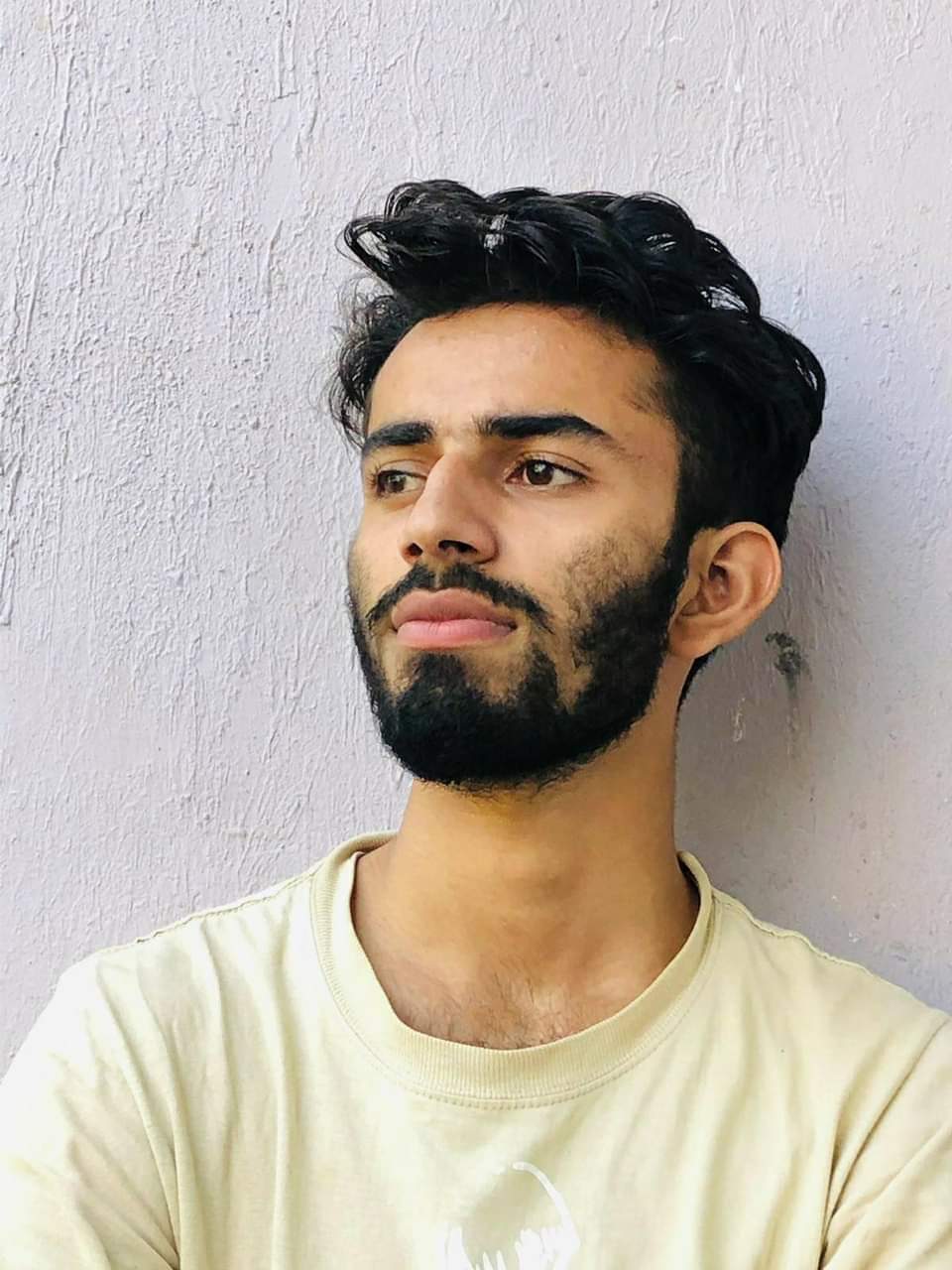Fiction Park
Striving towards excellence
The long-awaited day had come for Ramesh—the opening of a new community library in his village of Lamagaun, a little settlement in the hills of Pokhara.
Sugam Gautam
Ramesh woke up to the familiar cacophony of birds chirping outside his window. The morning sun filtered through the thin curtains, glowing the modest room warmly. He stretched, feeling the knots in his muscles loosen slightly. Today was going to be a big day.
He glanced at the calendar hanging on the wall. July 18 was circled in bright red ink. The day had finally arrived—the inauguration of the new community library in his village of Lamagaun, a small but vibrant settlement in Pokhara's hills.
Ramesh quickly dressed in his best kurta-suruwal, the traditional Nepali attire. As he fastened the buttons, he thought back to the years of effort that had gone into making this day possible. The library was more than just a building filled with books; it was a symbol of hope and progress for the community.
Downstairs, his mother was busy preparing breakfast. The aroma of freshly brewed tea and sel roti filled the air. "Today is a big day, son," she said warmly, handing him a cup of tea.
"Ho, Aama," Ramesh replied, taking a sip. "Today, we make history." Ramesh's father, a retired schoolteacher, joined them at the table. "You are making us all proud, Ramesh,” he said proudly.
The village had pitched in to build the library, donating whatever they could—time, money and labour. Ramesh, one of the few in the village with a college education, had spearheaded the project. He had always believed that education was the key to a better future, and he wanted to ensure that the children of Lamagaun had access to books and knowledge.
After breakfast, Ramesh headed out to the library site. The building stood tall and proud at the edge of the village, its freshly painted white walls gleaming in the morning sun. A small crowd had already gathered, and the air was buzzing with excitement.
As Ramesh approached, he saw his childhood friend, Sita, directing a group of children setting up chairs for the guests. Sita had always supported the library project, helping with everything from fundraising to organising events.
"Ramesh!" she called out, waving. "Everything is almost ready. How are you feeling?"
"Nervous and excited at the same time," Ramesh admitted. "I just hope everything goes smoothly."
"It will," Sita assured him. "We've all worked too hard for it not to."
By mid-morning, the village square was filled with people. The mayor of Pokhara, a distinguished man with a thin moustache and a kind demeanour, was the chief guest. He had been instrumental in securing government support for the project.
The inauguration ceremony began with the traditional lighting of the lamp. Ramesh's parents were invited to do the honours, and as the flame flickered to life, a sense of pride and accomplishment filled the air.
The mayor gave a heartfelt speech, praising the villagers for their dedication and hard work. "This library is a testament to what a community can achieve when it comes together with a common goal," he said. "It is a beacon of hope and knowledge that will guide future generations."
Ramesh was next to speak. Standing before the crowd, he felt a lump in his throat. "This library is not just a building," he began. "It is a dream come true. It is a place where our children can learn, grow, and reach for the stars. I thank every one of you for your support and belief in this project." As the ribbon was cut and the doors to the library opened, the crowd erupted in applause. The children rushed in, their eyes wide with wonder as they explored the shelves filled with books of all kinds. It was their first time seeing so many books in one place for many.
Ramesh stood back, watching the scene with a sense of fulfilment. Sita joined him, a smile on her face. "We did it," she said softly.
"Yes, we did," Ramesh replied, feeling a tear escape the corner of his eye. "We did."
The library quickly became the heart of the village. Every day after school, children would gather there to read, do their homework, or participate in the various activities organised by Sita and Ramesh. Adults, too, found solace in its quiet corners, indulging in the joy of reading that many had forgotten in the hustle and bustle of daily life.
One evening, as Ramesh was locking up the library, he found a little boy sitting on the steps, clutching a book to his chest. His name was Bikram, and he was one of the brightest students in the village school.
"K bhayo, Bikram?" (What happened, Bikram?) Ramesh asked, sitting down beside him.
Bikram looked up, his eyes brimming with tears. "My father says I have to stop coming here and start working in the fields," he said, his voice trembling. “But I want to study. I want to become a teacher like you, Dai.”
Ramesh felt a pang of sadness. He knew the struggles of balancing education and work in a rural setting. "Don't worry, Bikram," he said, putting an arm around the boy. "We'll find a way. Education is important, and I will talk to your father. We'll make sure you can do both."
True to his word, Ramesh visited Bikram's home the next day. After a long discussion, Bikram's father agreed to let him continue his studies while helping out in the fields after school. It was a small victory but a significant one.
Days turned into weeks, and weeks into months. The library flourished, becoming a hub of learning and community activities. Ramesh and Sita introduced various programs—reading clubs, art classes, and even a small theatre group. Once quiet and reserved, the village buzzed with energy and creativity.
As Ramesh was cataloguing new books one afternoon, Sita walked in, holding a letter. "Ramesh, you need to see this," she said, handing it to him.
He took the letter and opened it. It was from a non-profit organisation in Kathmandu that recognised the Lamagaun Community Library as one of the best rural libraries in Nepal. They wanted to feature it in their upcoming publication and were offering a grant to expand its services. Ramesh couldn't believe his eyes. "This is incredible, Sita!" he exclaimed. Think of all the things we can do with this grant!"
Sita nodded, her eyes shining with excitement. "I know! We can get more books and computers and even start a mobile library service for the nearby villages." The news spread quickly, and the whole village celebrated the recognition. It was a moment of pride for Ramesh and Sita and everyone who had contributed to the library's success.
As the years passed, the library continued to grow and evolve. Many of the children who had spent their afternoons reading and learning there achieved great things. Bikram became a teacher, fulfilling his dream and inspiring a new generation of students. Others pursued careers in various fields, always carrying the lessons and values they had learned at the Lamagaun Community Library.
For Ramesh, the library was not just a project but a lifelong commitment. He dedicated himself to ensuring it remained a place of knowledge, inspiration, and community. With Sita by his side, they continued to innovate and expand their reach, impacting countless individuals' lives.
And so, the small village of Lamagaun, with its humble beginnings and strong sense of community, became a beacon of hope and progress in the heart of Nepal. The library stood as a testament to what could be achieved when people came together with a shared vision and a determination to make a difference.
As Ramesh looked out at the village one quiet evening, the laughter and joy echoing from the library, he felt a deep sense of contentment. They had taken one small step, but it had led to giant leaps for their community. And in that moment, he knew that the journey they had begun was just the beginning of an even greater story.
Gautam is a writer from Pokhara.




 17.8°C Kathmandu
17.8°C Kathmandu












